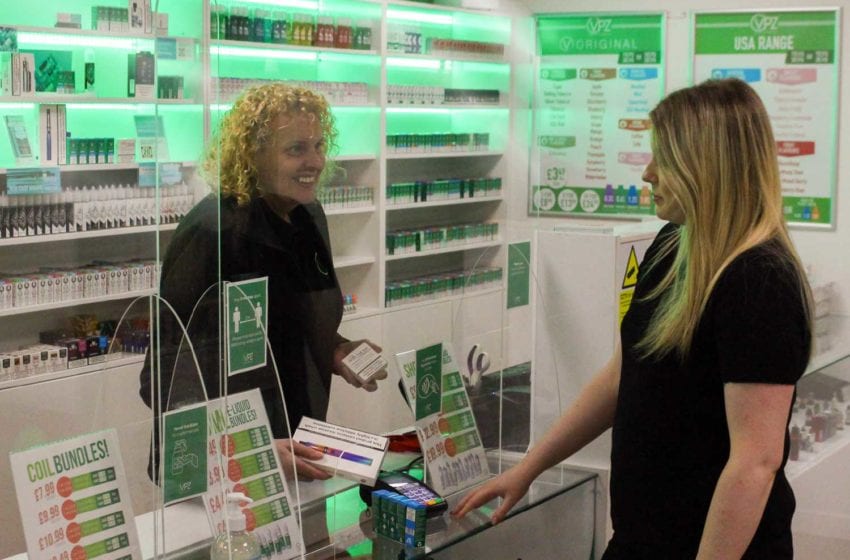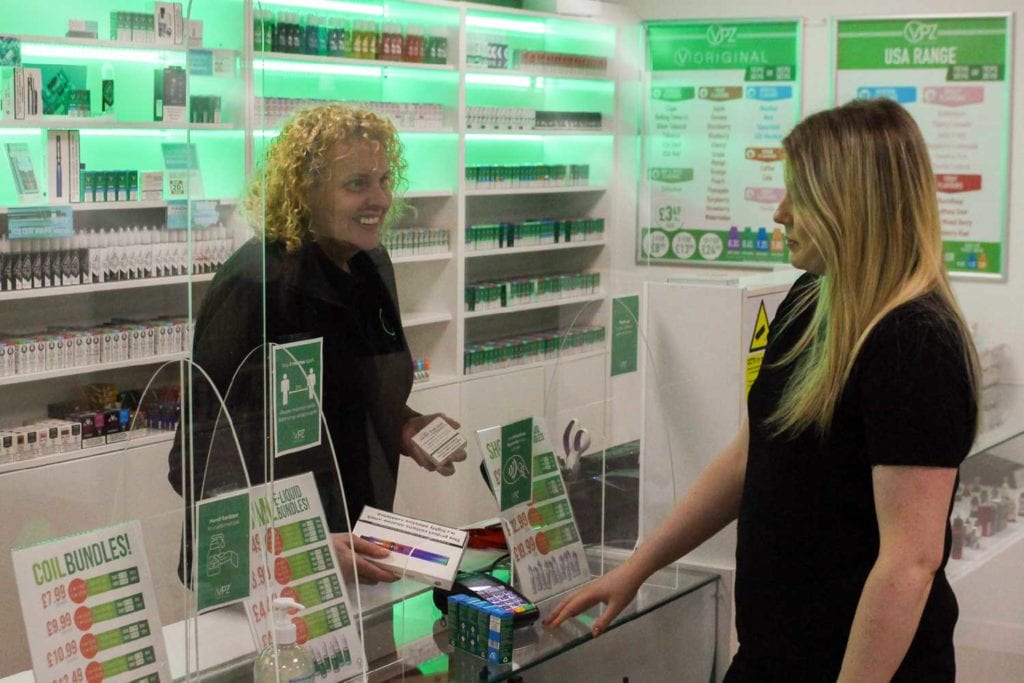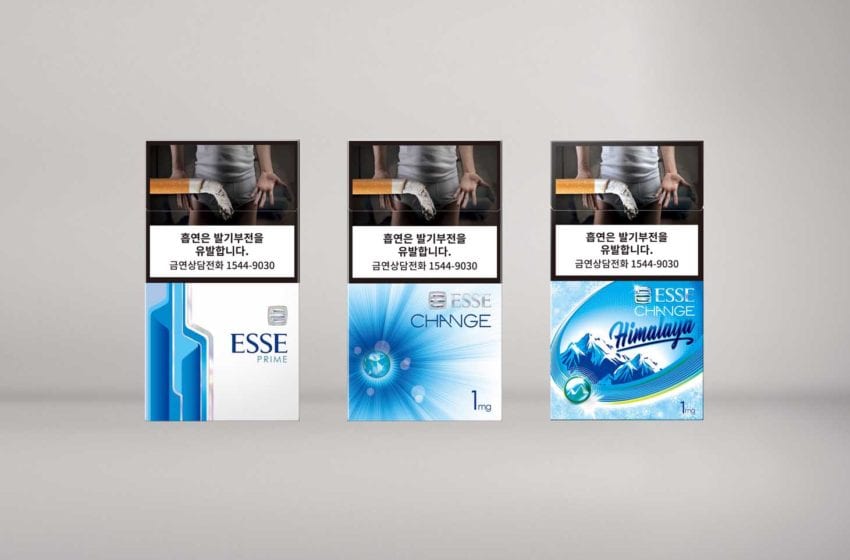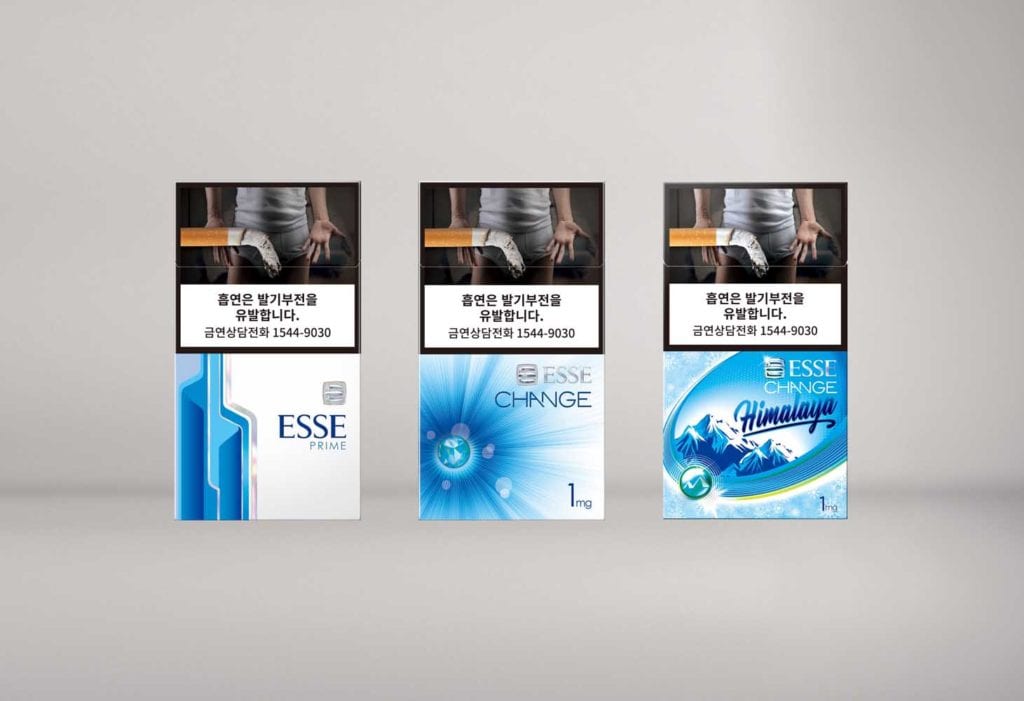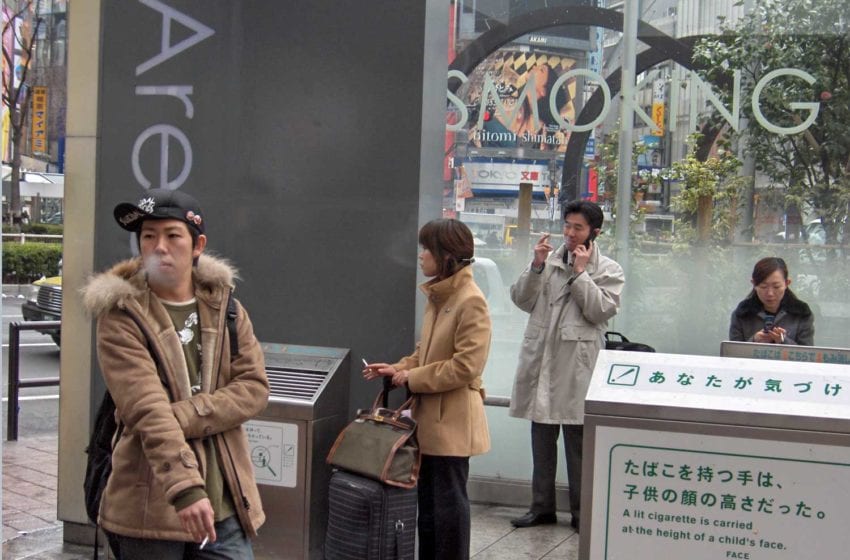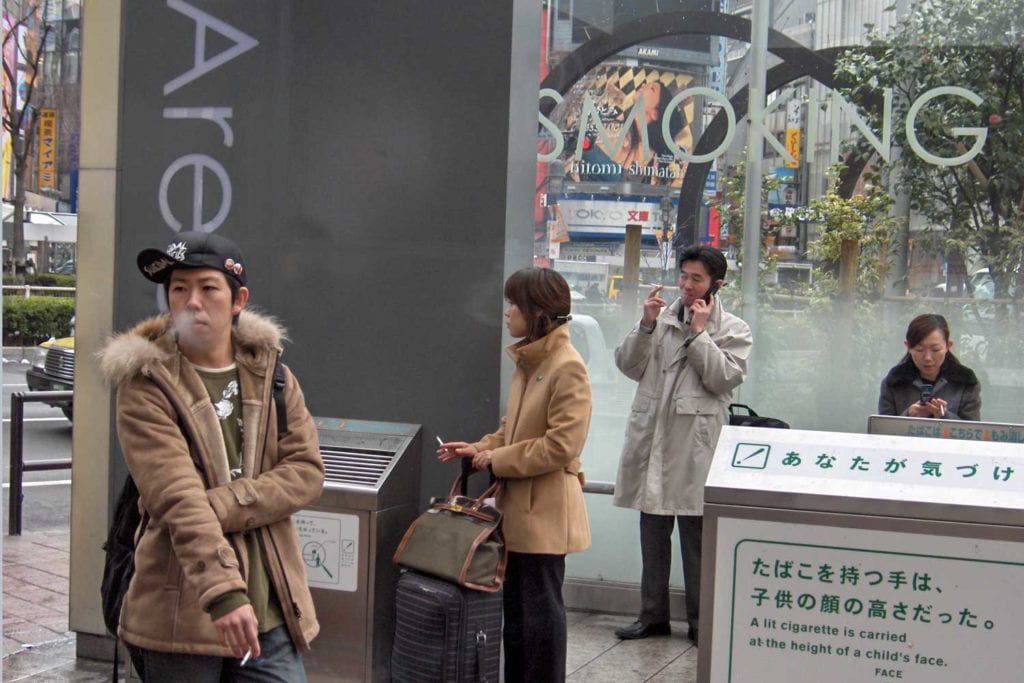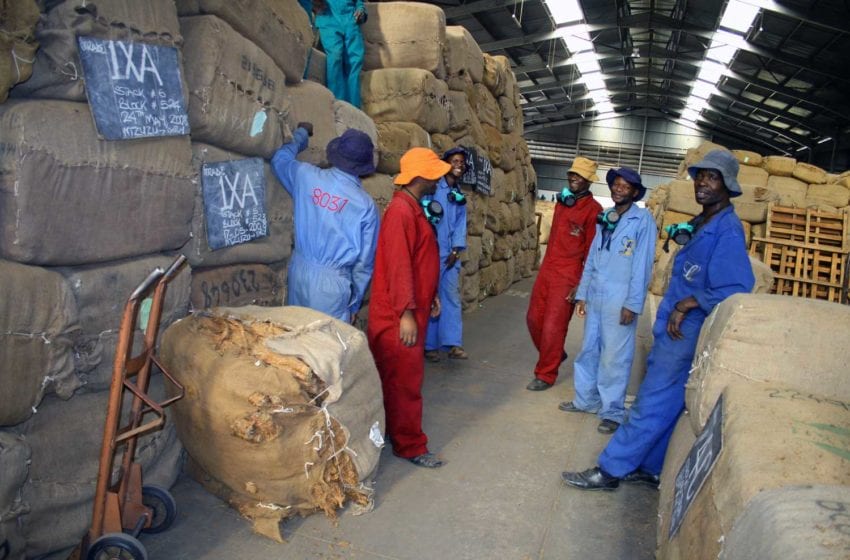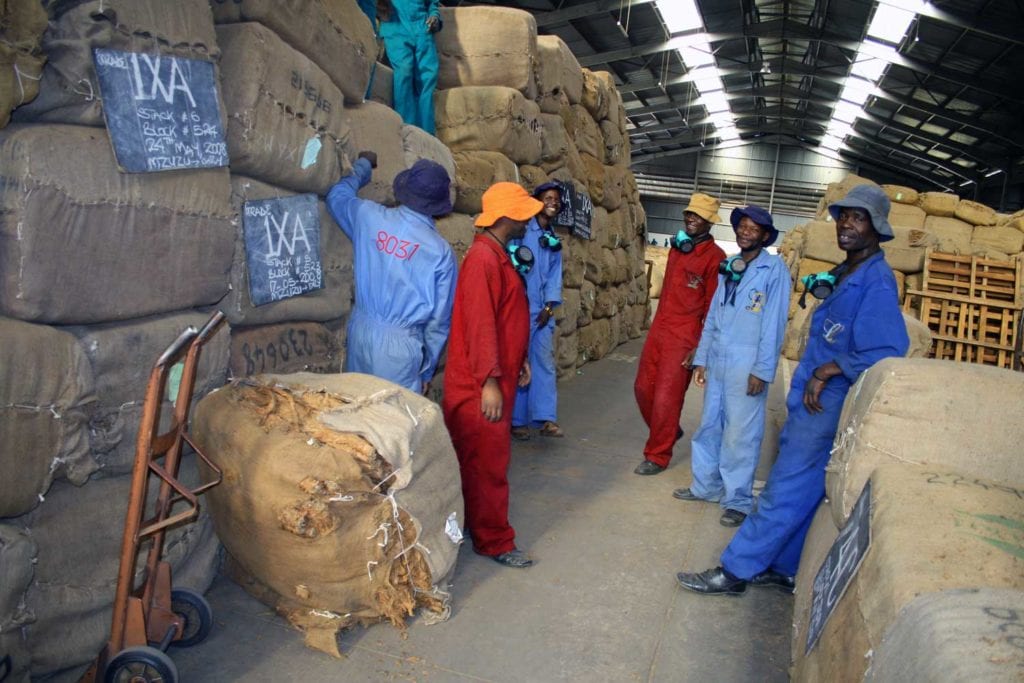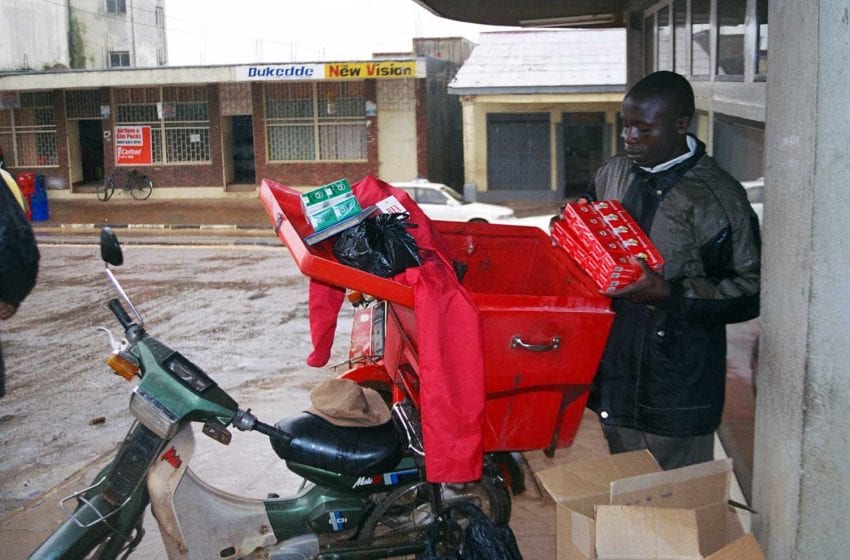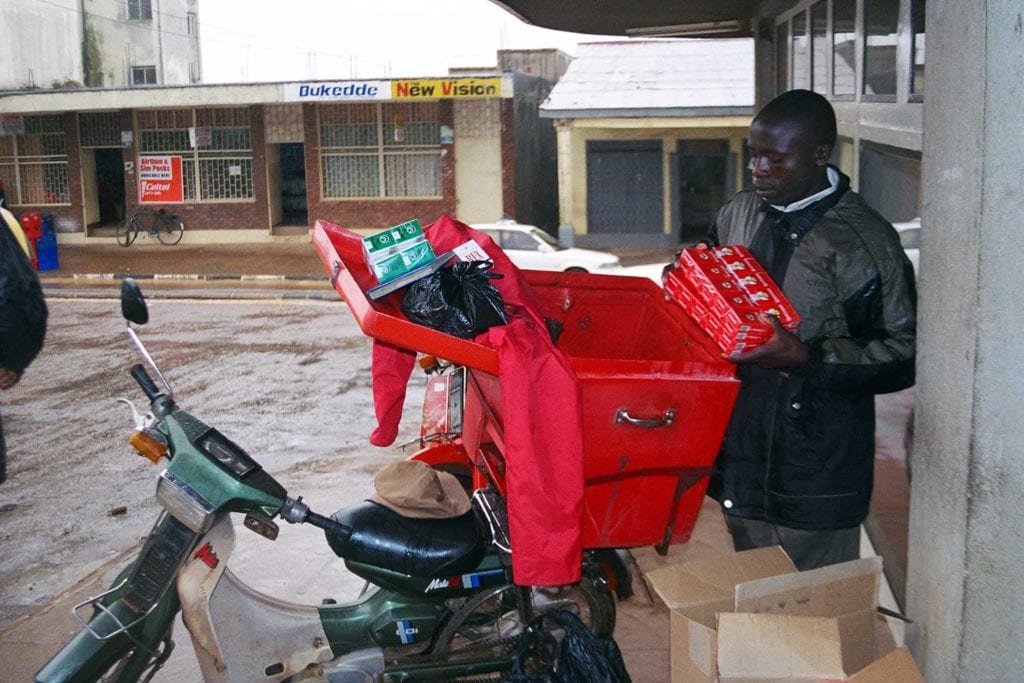
Ninety-seven percent of Malaysians would want the government to take immediate action against illicit tobacco sales, reports The New Straits Times, citing a nationwide survey conducted by British American Tobacco (BAT).
The black market for tobacco products causes the government to miss out on more than MYR5 billion ($1.178 billion) in tax collections, according to BAT.
The survey noted that an overwhelming majority (88 percent) of Malaysians believe the tobacco black market was impeding the nation’s Covid-19 economic recovery.
Participants in the survey said the top three factors sustaining the illegal tobacco sales are corruption (38 percent), high excise duties (27 percent) and insufficient resources for enforcement agencies to tackle the issue (19 percent).
BAT Malaysia Managing Director Jonathan Reed said the company welcomed the enthusiastic response to its Stop the Black Market campaign.
Since going live on July 6, 2020, the campaign’s website has had more than 30,000 unique visits.
Tobacco Reporter covered Malaysia’s struggle with illicit trade in its February issue.







